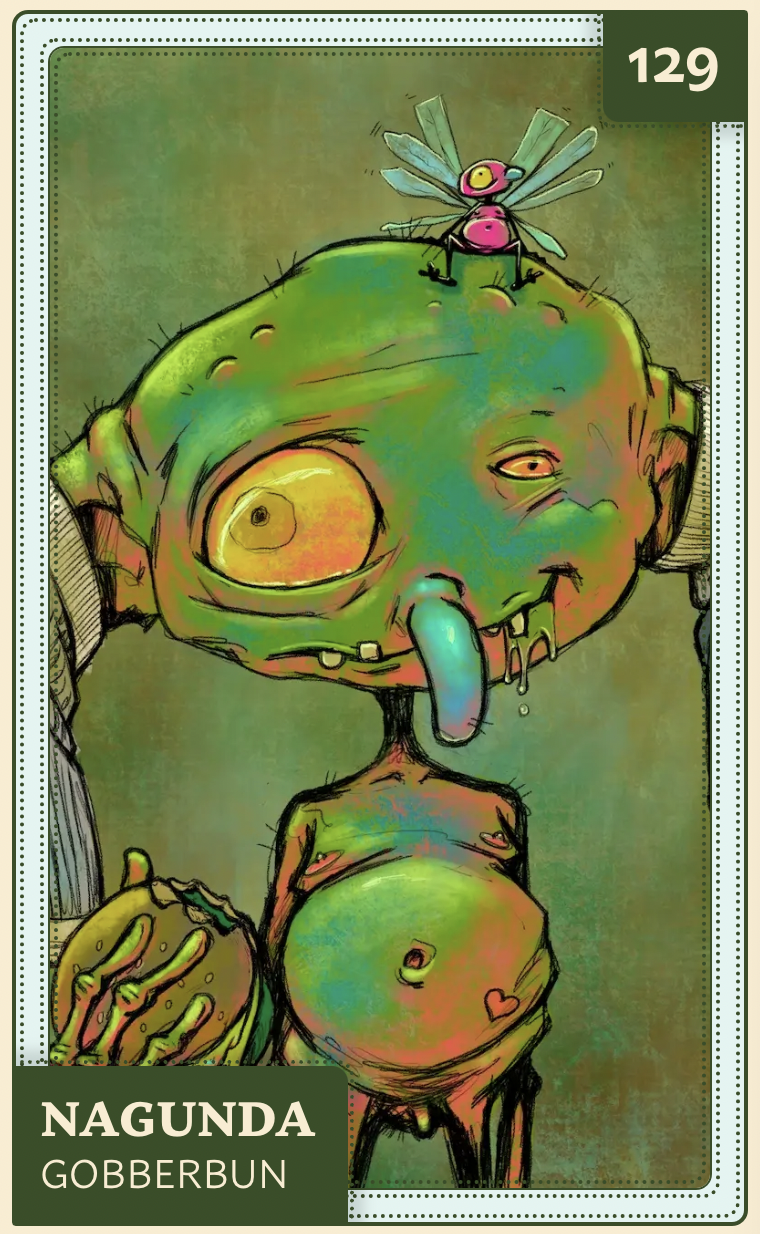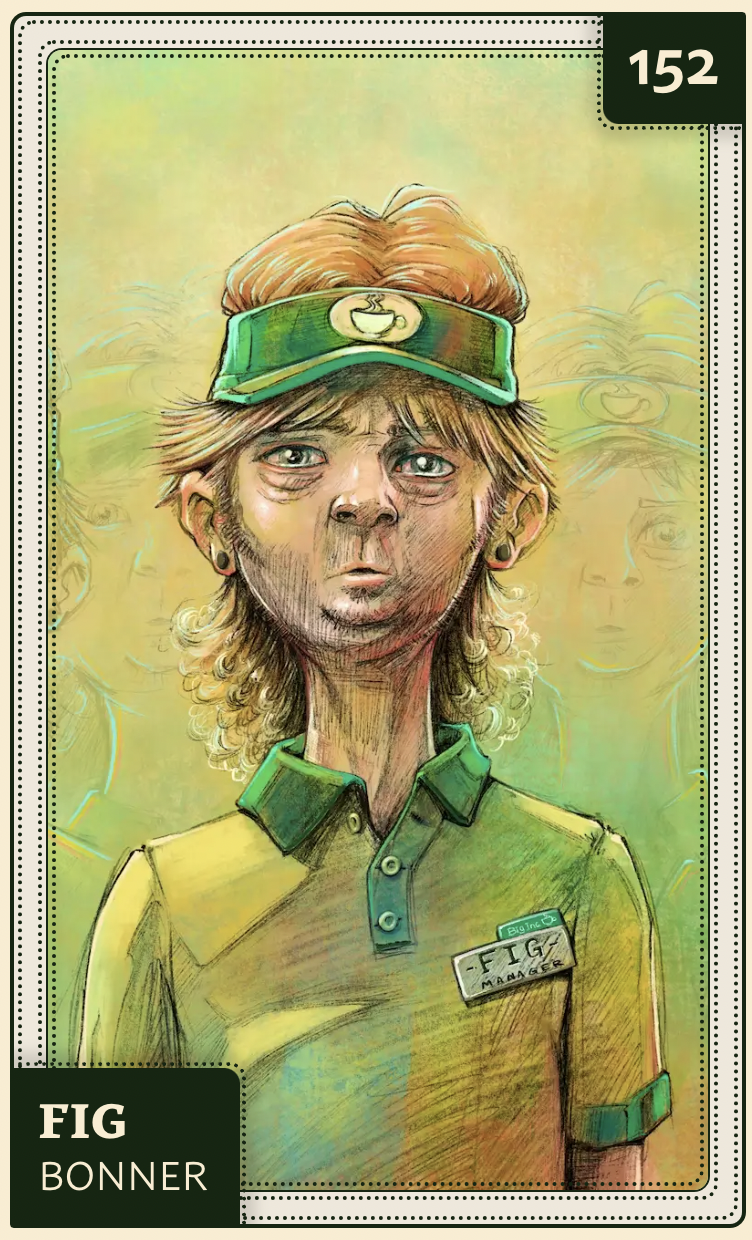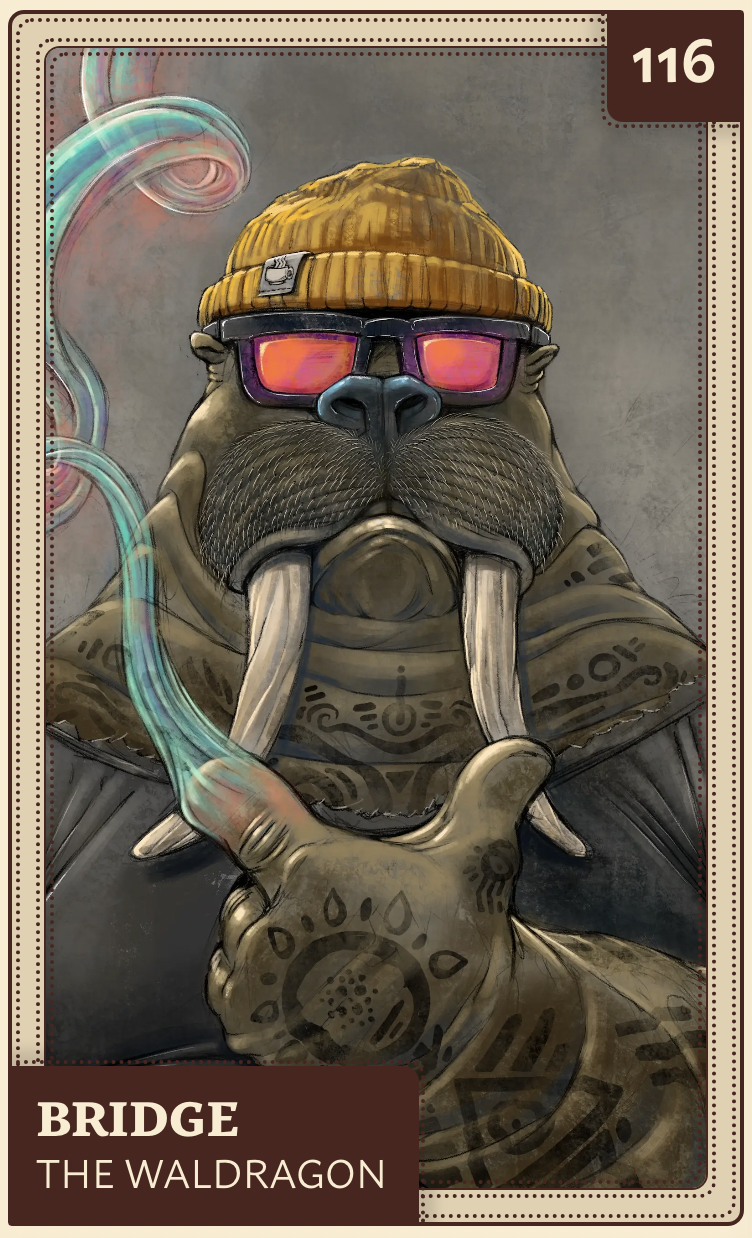The Alpha:
- Reality Labs, the corporate behind standard NFT collections Goblintown, The Illuminati, and extra, has introduced the closure of two NFT licensing offers with holders from The 187 assortment, in keeping with data shared solely with nft now.
- The holders, King Kong and Ding Ding, are the primary two Reality Labs group members to be part of such collaborative IP licensing offers, which the corporate introduced it was starting to construct out in August 2022. King King will earn a portion of royalty income from Goblintown gross sales, whereas Ding Ding will obtain a part of the income from the sale of bodily items based mostly on their NFT characters’ IP.
- The collaborative NFT licenses will give token holders unique, individually negotiated rights that goal to bypass the downfalls of a CC0 license, which is typically seen as diluting the worth of proudly owning an NFT within the first place.
Dive deeper
The query of how you can reward NFT group members and whether or not or to not give them management over their NFT’s IP are long-standing conundrums that each Web3 mission faces — and there are many completely different approaches to the problem.
After gatekeeping the IP of the NFTs below its banner for months, Proof Collective out of the blue switched its Moonbirds assortment to a CC0 license final August, inflicting a ruckus amongst holders, a few of whom felt the choice was a sort of centralized bait-and-switch because it occurred lengthy after individuals had initially purchased the NFTs. Yuga Labs likewise gave CryptoPunks holders free rein to make the most of their NFT’s IP as they noticed slot in the identical month.
CC0 licenses are primarily means of constructing an IP public area, which means anybody can use the IP for any function, even business ones. Whereas granting holders use of this sort of license frees holders in essential methods, it additionally permits anybody on the planet to make the most of that very same IP, which some Web3 commentators say defeats the aim of proudly owning a novel piece of digital artwork, to start with.
“Yuga [Labs] licenses are really just like a CC0 license, but don’t have a ‘can’t be evil’ part built into them,” Reality Labs Co-Founder Alexander Taub mentioned whereas chatting with nft now concerning the significance of dealing with IP rights correctly. “If Yuga gets acquired by Mark Zuckerberg and he wants to change the licensing, he could revoke it. If you make it CC0, you cannot take it back. But then, anyone can do whatever they want with your NFT. So, then what’s the value in owning the NFT?”

Reality Labs is taking one thing of a center means right here, avoiding the ire of the SEC by crafting particular person contracts for every holder of the NFTs in The 187 assortment. Whereas promising holders of a ten,000 PFP assortment a portion of the royalties would firmly set up these NFTs as securities topic to regulation, individually negotiated contracts don’t.
The 187 licensing offers
The two offers that Reality Labs have struck with holders King Kong and Ding Ding are accordingly distinctive in nature. King Kong is now an official companion of the Goblintown assortment and can earn one % of royalties from each previous and future gross sales, which means he’s assured a 40-50 ETH payout per the retroactive phrases of the deal.
Ding Ding’s deal revolves round IRL merchandise, which can function the manufacturing of the beanie and sun shades of her NFT, The Waldragon. Taub described Ding Ding as an “equal partner” within the income from the merch drop. Reality Labs goals to proceed constructing out distinctive licensing contracts for holders of The 187 and at the moment has a 3rd deal within the works with The 187 NFT character Fig Bonner. The firm’s objective is to construct up the narrative arc of all of the characters below The 187 banner right into a critical storytelling pressure.

Diving into collaborative NFT licensing is sort of a predictably daring transfer from Reality Labs, which has a repute for irreverence and has by no means strayed from controversy. In September 2022, the corporate launched its personal NFT market within the title of defending royalties and having extra management over how the NFTs in its assortment are traded.
In April of this yr, Reality Labs brought on one other stir within the Web3 group by briefly altering the metadata of Goblintown, The Illuminati, Grumpls, and The 187 NFTs. Changing holders’ common NFT picture was an enormous animated hand giving the center finger with a manifesto of kinds written above: “Fuck royalties. Fuck supporting building and creatives. Flipping is the heart of what makes Web3 special. Honor the flipper, fuck the community. Long live the slow rug.”
Reality Labs upgraded the gathering’s sensible contracts and claimed the transfer was an effort to future-proof its collections from merchants who had no real interest in paying royalties (creator charges). Nevertheless, some Web3 observers felt the choice was too centralized and that the group ought to have been consulted beforehand.
Leveraging IP for long-term NFT progress
Many Web3 lovers have been more and more pondering the worth and utility of proudly owning an NFT (even of well-known initiatives) because the market continues to falter and buying and selling volumes proceed to slip in latest months. That query stays largely unanswered by a big group of NFT group builders. It represents one of many area’s largest obstacles to being seen as reputable by mainstream audiences or sustainable even by these inside Web3’s partitions.
One of many extra promising approaches to addressing this difficulty has certainly been leveraging the IP of NFT initiatives which have made a reputation for themselves. Pudgy Penguins has navigated this area significantly properly, having constructed up a profitable, feel-good model picture on Instagram utilizing the mission’s paintings with out as soon as mentioning NFTs. That visibility, mixed with the monetary success of the NFTs below the Pudgy banner inside Web3, has led to the staff placing licensing offers for bodily toys and even youngsters’s books with members of its group, who will earn a portion of gross sales income.
Reality Labs seems to be aiming for the same trajectory. Leveraging Web3 IP may very well be top-of-the-line strategies of weathering the seemingly unending crypto winter that the area continues to reel from.
In case you missed it:


